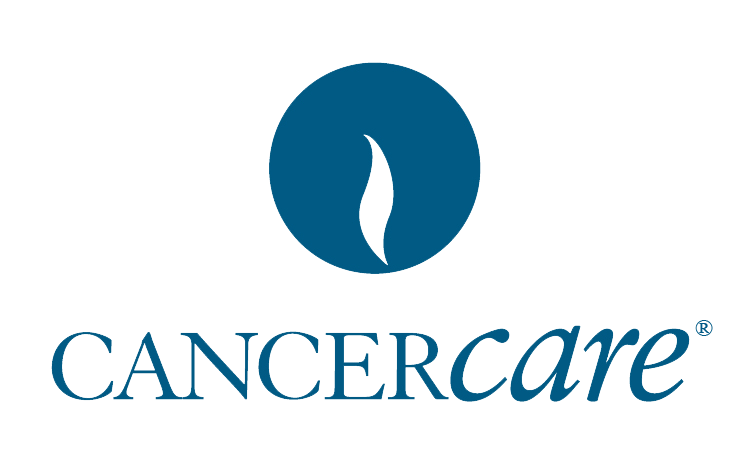
Caring for Yourself When Your Child Has Cancer

Parents of children with cancer often put their own needs or feelings aside while caring for their child, but taking good care of yourself can actually help you be a better caregiver.
Being a parent or caregiver is a full-time job and parents of children with cancer often put their own needs or feelings aside while caring for their child. Taking good care of yourself is an important part of being a caregiver. This can improve your quality of life and help you to be better equipped to handle your parenting responsibilities. Here are some tips for taking care of yourself as you care for your child.
Acknowledge your feelings. When a child is diagnosed with cancer, it is common for parents to experience many feelings including shock, anger, disbelief, sadness, fear and guilt. Be honest about how you are feeling and share your feelings with someone you trust such as a member of your child’s health care team. Find ways to express your feelings through writing, art or physical activity.
Organize help. Decide which of your child’s needs you can meet on your own, and which ones you need help with. Then, ask family members, friends, neighbors, co-workers or professionals to share the care. Ideally, many people will want to help. Realistically, only one or two people may be available. Still, these individuals can make a big difference. Check with community agencies, religious institutions, or your hospital social worker for information on volunteer and respite care programs.
Become informed. Learn about your child’s diagnosis and treatment so you have a sense of what to expect. Speak with your child’s doctor or nurse if you have any concerns or questions. Take notes or ask your doctor if you can record him or her during appointments. He or she can also recommend resources for learning more and getting support. Find out who else on the health care team (such as an oncology social worker, oncology nurse, or pharmacist) is available to you as well.
Understand your rights. Under the Family and Medical Leave Act, most employers are required to provide up to 12 weeks of unpaid, job-protected leave for family members who need time off to care for a loved one. For help with insurance rules and regulations, contact your insurance company. Many insurance companies will assign a case manager to address concerns, clarify benefits and suggest ways to obtain additional health-related services.
Take care of yourself. As a parent and caregiver, it can be easy to forget about your own needs. Remember that in order to be there for your child, you need to take care of your own physical and emotional needs. Keep up with your own check-ups, screenings and medications. Take a few moments for yourself each day to do something enjoyable or relaxing, even if it’s just taking a walk around the block. Give yourself credit for all you do as a parent and/or caregiver, and find ways to reward yourself for your hard work. By caring for yourself, you will also be modeling healthy behavior for your child.
Create a support network. Identify the people in your life who you can turn to when you need support. These people may include your spouse or partner, relatives, friends, clergy and members of your child’s health care team. Many parents find it helpful to talk with other parents caring for a child with cancer. Speak with your hospital social worker to find out if there is a parent peer matching program or support groups for parents at your child’s treatment center. Support groups provide a safe, supportive environment for sharing your feelings with others who are also caring for a child with cancer.
Get individual help. As a parent and caregiver, you may sometimes feel overwhelmed and need more than friends or family members to talk to. Speaking with a counselor or social worker can help you cope with some of the emotions or concerns you may be facing. CancerCare provides free individual counseling from oncology social workers who specialize in helping people with cancer and their loved ones and caregivers.
This article first appeared on CancerCare's website.




